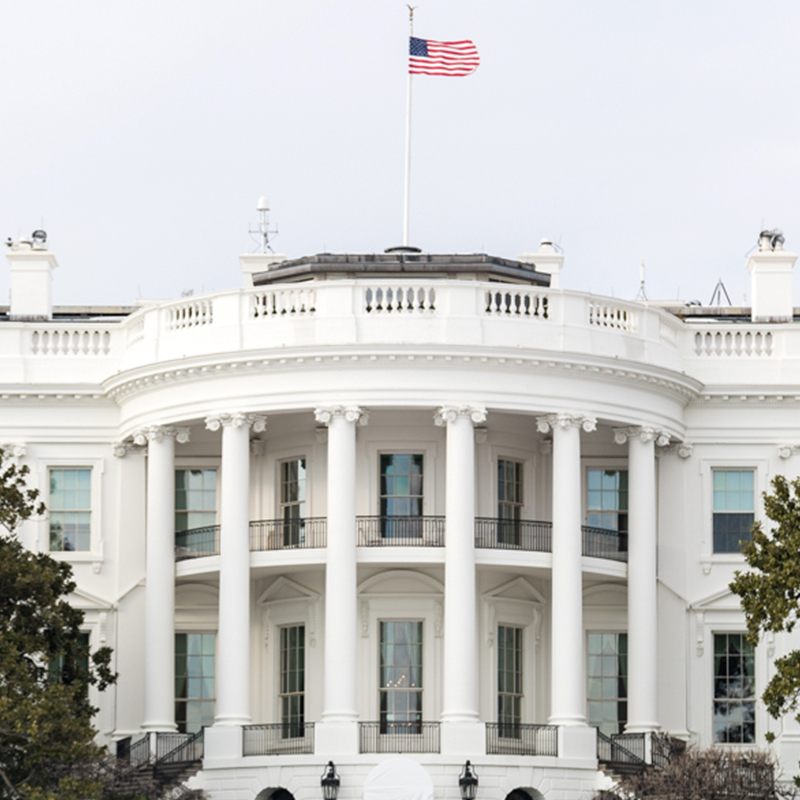

Image credit: US government
The US Commerce Department on Tuesday released draft rules aimed at ensuring countries of concern – such as China – do not benefit from the $52 billion (£43bn) the government is pouring into the semiconductor industry to encourage localised research and manufacturing.
The proposal, which builds on comments by officials last month, prevents recipients of the US funding from investing in the expansion of chip manufacturing in countries of concern such as China and Russia.
The proposal specifically names those two countries, in addition to Iran and North Korea.
Recipients are also limited from engaging in joint research and technology licensing with such countries.
Companies receiving Chips Act funds are limited from expanding facilities that produce advanced chips for 10 years from the date of the award.
Firms can only expand production facilities for lower-end legacy chips in countries of concern under a limit of 10 percent and can create new legacy chip facilities only under certain limited circumstances.
But some semiconductors are classified as critical to national security, subjecting them to more restrictions than legacy chips.
This rule covers chips that can be used in quantum computing, “radiation-intensive environments” and for other specialised military capabilities, the proposal states.
Commerce secretary Gina Raimondo said the rules would “help ensure we stay ahead of adversaries for decades to come”.
“These guardrails will help ensure malign actors do not have access to the cutting-edge technology that can be used against America and our allies,” she said.
The Commerce Department has said it will begin accepting applications in late June for $39bn in semiconductor manufacturing subsidies, in addition to a 25 percent investment tax credit for building chip plants said to be worth $24bn.
The rules build on export controls announced last October aimed at restricting China from obtaining US-made chip manufacturing technology.
Japan and the Netherlands joined in with similar export controls in January.
Last month Chinese president Xi Jinping urged the country’s private sector to rally together and help create an independent Chinese tech sector.
At the same time Chinese regulators have launched a number of corruption probes targeting prominent figures in the troubled semiconductor industry.
Elon Musk sells social media platform X to his AI start-up xAI in a move…
TikTok opens e-commerce shopping in Germany, France, Italy as US future remains uncertain over divest-or-ban…
Discover expert insights on overcoming digital transformation challenges. Learn how to manage change, balance innovation,…
Microsoft drops data centre projects amounting to 2 gigawatts of power consumption as investors question…
SMIC sees revenues rise 27 percent for 2024, but profits fall nearly 50 percent amidst…
Google reassures developers Android to remain open source as it brings development entirely in-house, reduces…